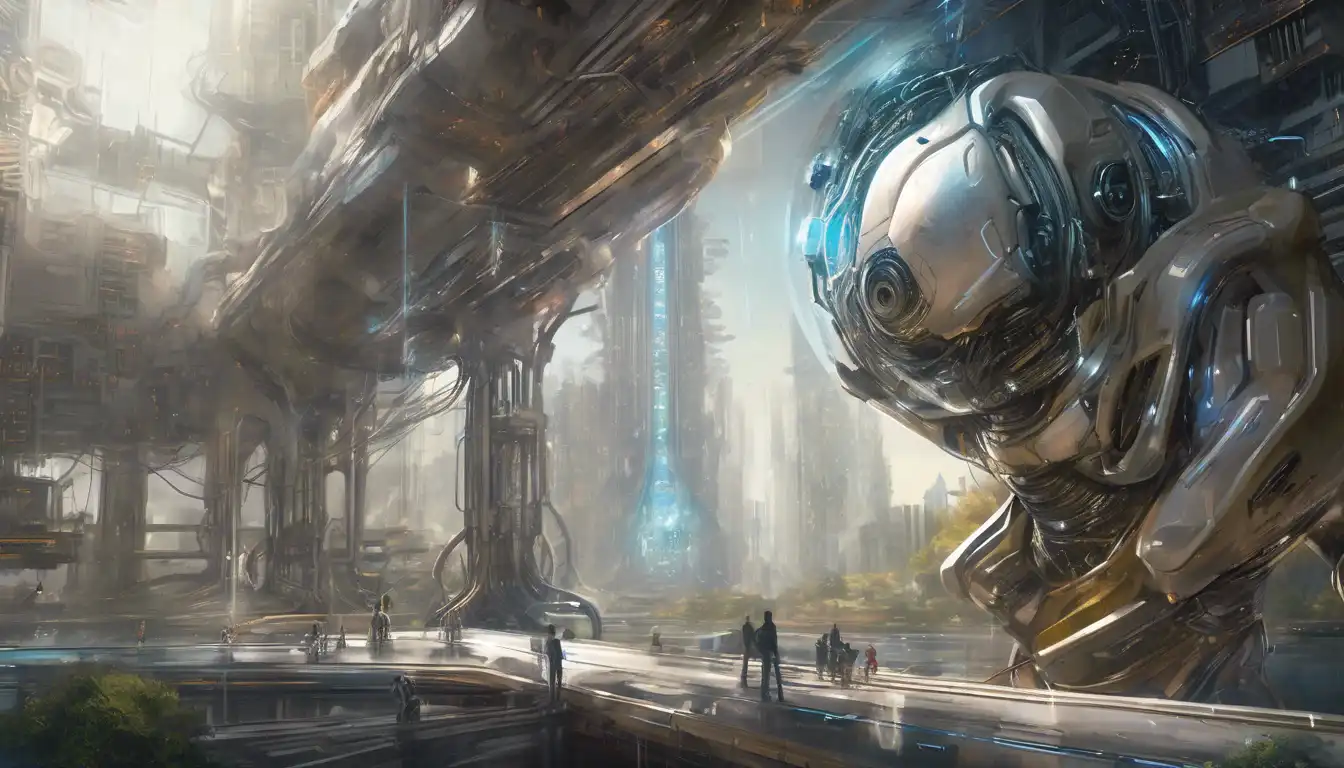Introduction to Artificial Intelligence's Evolution
Artificial Intelligence (AI) has transitioned from a futuristic concept to a cornerstone of modern technology. Today, AI's trajectory is not just about automation but about redefining possibilities across industries. This article delves into the current state of AI, its applications, and what the future holds.
The Current Landscape of AI
AI today is more accessible and integrated into our daily lives than ever before. From smart assistants to predictive analytics in healthcare, AI's applications are vast and varied. The technology is powered by advancements in machine learning algorithms, increased computational power, and the availability of big data.
Key Areas of AI Development
- Machine Learning and Deep Learning: These subsets of AI are driving innovations in natural language processing and image recognition.
- Autonomous Systems: Self-driving cars and drones are becoming more reliable, thanks to AI.
- Healthcare Innovations: AI is revolutionizing diagnostics, treatment plans, and patient care.
- Smart Cities: AI is at the heart of developing more efficient and sustainable urban environments.
Challenges and Ethical Considerations
Despite its potential, AI's rapid development raises important questions about privacy, security, and the future of employment. Ensuring ethical AI use and mitigating bias in AI algorithms are critical challenges that need addressing.
The Future of AI: What to Expect
The future of AI is not just about technological advancements but also about how society adapts to these changes. With the rise of quantum computing, AI's capabilities are expected to reach new heights, offering solutions to some of the world's most pressing problems.
Conclusion
AI's journey is just beginning. As we explore its current trajectory, it's clear that AI will continue to shape our future in unimaginable ways. The key is to navigate its development responsibly, ensuring that it benefits all of humanity.
